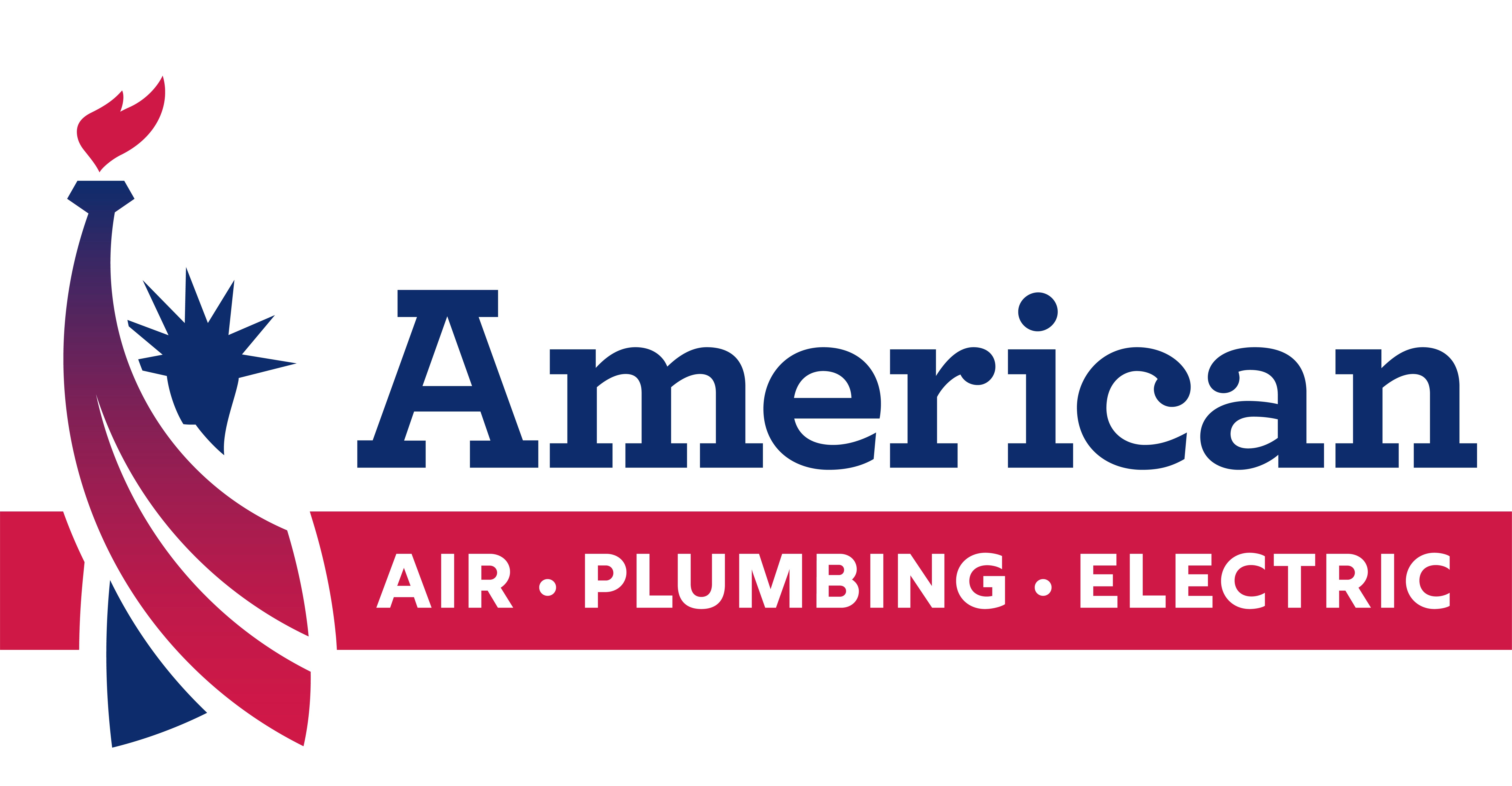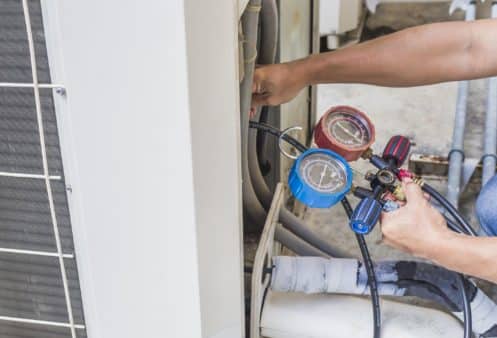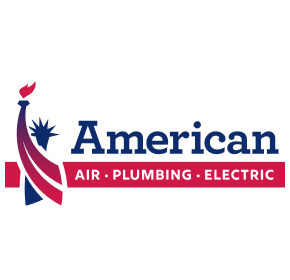Not more than a decade ago, nearly every residential air conditioner in the nation had R22 or Freon as its refrigerant. Now, R401A or Puron has replaced R22 as the industry standard. If you still have an air conditioner in your Oviedo, Florida home that uses Freon, you may want to consider making the switch. Not only is this the best decision for the environment, but it’s also fast-becoming the best choice for your wallet. Keep reading to find out why.
The Phase-Out of Freon
Freon is a hydrochlorofluorocarbon (HCFC) that’s known to deplete the earth’s ozone layer. Given that Freon was the standard in residential AC refrigerants for many years, scientists began to consider the cumulative effects of its widespread use. With many nations working to eliminate the use of all HCFCs by 2030, the phase-out R22 was inevitable. However, it had to be done in way that had the least impact on the economic well-being of the public and private sector.
In 2010, the Environmental Protection Agency (EPA) outlawed the production and sale of any new air conditioners that were designed to use Freon. Although Freon-reliant air conditioners are still being used by countless consumers throughout the country, new models that have R22 as their refrigerant are no longer being made.
In January 2020, the production of Freon itself was outlawed. Moreover, it is no longer lawful for companies or consumers to import this refrigerant. Much like Freon-using air conditioners, R22 in the United States is in short supply. Those who still have R22 air conditioners can expect to pay increasingly high prices for Freon recharge services as this finite supply gradually runs out.
Is R401A Better for the Environment?
R401A is definitely better for the naturally environment when compared to Freon, however, it is not without its own environmental drawbacks. Although R401A is a non-ozone-depleting hydrofluorocarbon (HFC), it does produce greenhouse emissions. As such, even as Freon is being ushered out and Puron is being recognized as the new industry standard, researchers are busy working on single-ingredient refrigerants that don’t deplete the ozone and don’t produce greenhouse emissions either. The good news is that the widespread adoption of these single-ingredient Puron replacements is still decades away. For now, R401A is the best and most environmentally sustainable choice among residential AC refrigerants.
Why Puron Won’t Work in Your Current Home Cooling Equipment
Switching to Puron is a great way to do something good for the environment. However, doing so isn’t as easy as having Puron added to your current air conditioner when scheduling your next refrigerant recharge. Puron operates at a significantly higher pressure than Freon does. Putting Puron in an R22 AC would likely cause severe compressor damage and cause many of the air conditioner’s components to rupture. R22 air conditioners simply aren’t built to tolerate the greater pressure of R401A.
There is the option of having your older air conditioner modified to use Puron. However, these modifications are so costly and complex that upgrading to a more modern R401A air conditioner is a far more economical choice.
Puron Is Actually Better for AC Systems
The primary motivation for introducing R401A as the industry standard is the fact that this refrigerant does not deplete the ozone. However, it also ha additional advantages over Freon in terms of how it affects air conditioner performance. For example, Puron is superior to R22 in its ability to absorb heat and release it. This reduces AC compressor stress and prevents overheating. As a result, the compressors in R401A air conditioners tend to last a bit longer and have fewer problems over time.
R401A air conditioners also have a high-quality synthetic oil lubricating their compressors. This lubricant offers superior compressor protection. Comparatively, R22 air conditioners have a mineral oil lubricant that’s less heat-resistant. Thus, when you upgrade to Puron, you can expect smoother and all-around better compressor performance. The latest generation of air conditioners are lasting significantly longer than their predecessors as a result.
The Drawbacks of Continuing to Use Freon
Continuing to use Freon and Freon-reliant AC systems is a risky endeavor. Although there are still Freon stores within the United States, these stockpiles are already dwindling. As they decrease in volume, the cost of this refrigerant will invariably and progressively increase. Over time, you may find that keeping your R22 air conditioner is actually more costly than upgrading it.
Hanging onto an R22 air conditioner can be expensive in other ways. Nearly all R22 air conditioners that are still in use were produced before 2010. Although a well-maintained air conditioner can last up to 20 years, it’s guaranteed to experience decreases in overall efficiency over time. Most AC systems that have already been in use for 10 years have lost half of their efficiency. During the summer months, these units use far more energy to keep homes cool than newer models would.
As R22 exits the scene, HVAC technicians who are trained to work with this refrigerant and the AC models that rely on it will become scarce. Those who are newly entering this field are largely being trained in the maintenance, installation, and repair of R401A air conditioners. Even though it will still be possible to find companies that are familiar with your equipment and able to service it, this will eventually become a highly specialized skill set.
What Should You Do if You Still Have an R22 Air Conditioner?
HVAC companies make recommendations on upgrading to R401A air conditioners on a case-by-case basis. If you have a high-performing and highly efficient R22 air conditioner that doesn’t have any refrigerant leaks, you may still have adequate time to plan for your upgrade. During your next AC service, you can ask your technician what the best timeline is for making this improvement. Taking good care of your R22 air conditioner is of the utmost importance. Although most R22 air conditioners are unlikely to require a refrigerant recharge throughout their lifetimes, even a small leak can change this.
What to Expect From the Continued Evolution of AC Refrigerants
Going forward, legislators and AC manufacturers will continue looking for new and more environmentally friendly ways to keep homes and businesses cool. Although the move to R401A and the related phase-out of R22 was done in reasonable, manageable stages, much was learned. The next generation of refrigerants may be compatible with R401A air conditioners or they may require all-new equipment. What is known is that the next transition will be smoother, and all air conditioners currently using R401A will be at the end of their lifespans before the transition is made. Jumping on board now will ensure that you remain current with this evolutionary process, and that your transition from one refrigerant to the next is both cost-effective and easy.
Since 1986, American Air, Plumbing, and Electrical has been a trusted provider of HVAC services and equipment throughout the greater Oviedo, Florida area. We also offer duct cleaning, ductless heating and cooling systems, and indoor air quality services. If you have yet to upgrade your Freon-reliant air conditioner, we can help you make this change. Give us a call now to get started.


